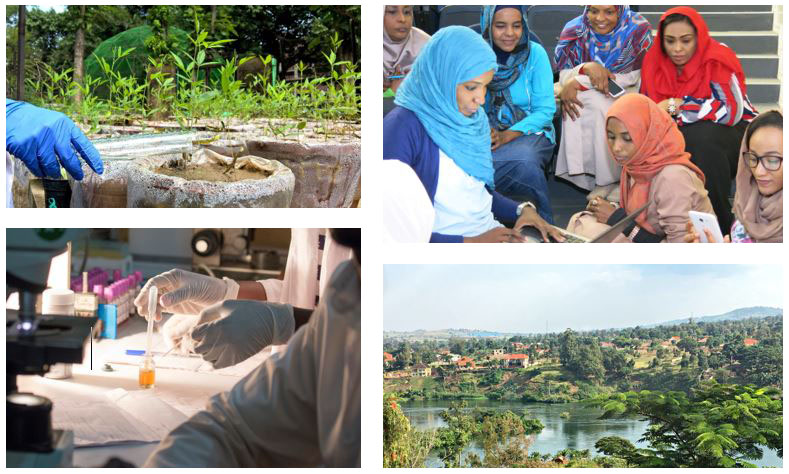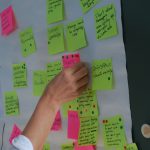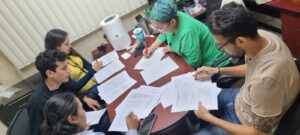
Recognizing inequity in research and knowledge at all levels
To tackle global challenges and address the Sustainable Development Goals (SDGs) we need to bring the latest evidence to bear on the most pressing and intractable problems. This in turn depends on our ability to harness the best, most relevant research and knowledge, and to support decision makers and practitioners to use it. For that to be possible, we need strong national research systems, where those who commission, produce, communicate and use research and knowledge — and who support these processes in various ways – work effectively together. But as well as being strong, we believe research systems need to be equitable if they are to be most effective.
What drives a country’s research funding and priorities? Why do some research topics get more funding than others? Why do some institutions and people have more opportunities in research?
These are questions that researchers in every country wrestle with. However, sometimes such national-level or local-level inequities can be missed when they occur in countries that are already disadvantaged by global inequities in research and knowledge.
Development agendas are largely set and funded in the north, and are informed by research that is published and produced by northern institutions and researchers who have access to better facilities and resources, as we discussed in this post. This is a fundamental problem if we are to harness the knowledge that we need. We’ve seen important, substantial investments in recent years – more funding for research, more support to universities and research institutions to train their staff and invest in their facilities. The gains are visible across university campuses and research institutes. But often such support is concentrated in a few high-profile research institutions or subject areas.
Inequities within countries and national systems need to be recognized and addressed.
Local inequities can include issues around resource allocation and the gatekeeping of publications that determine who within countries has an opportunity to engage in research discussions. Investment and support can be concentrated in a small number of flagship institutions. There can be huge disparities between male and female researchers and between different universities. More broadly, there are also challenges about whether research is a national priority.
As we’ve commented before, we know that many challenges require collective action, bringing together actors from across the research system – people who may not usually share ideas and experiences with each other – and enabling new conversations to emerge in the process.
Over the next few months, INASP will be working with partners in four countries – Bangladesh, Ethiopia, Tanzania and Uganda – to convene dialogue events to discuss the challenges of inequity in research and knowledge in these countries. Hosted and developed in partnership with key organizations from within each country, these events will bring together leaders and changemakers from across national research systems – including senior representatives from public and private universities, research institutions, government, civil society and private businesses. The events will tackle important questions such as: how national research systems can nurture a wider pool of research talent, how to foster an inclusive research and knowledge system that enables a diversity of voices and opinions to contribute to national development.
This approach builds on the successes of our recently completed SRKS programme through, for example, beginning to work to address inequities in gender, ethnicity and between urban and rural populations, as well as global-level issues such as effective and equal North-South research collaborations. It also builds on our learning from SRKS, particularly about the value of partnership, convening people and recognizing national priorities.
These four events will help us plan the next stage of our work. Our aim is to understand our partners’ visions for their national research systems, to work with them to unpack what needs to be done to realize these visions, and to identify where INASP can play the most useful role. Over the coming months we will be sharing learning and insights from these dialogues. In the meantime, we are keen to discuss ideas and opportunities with those who share our commitment to more collaborative and equitable research environments (that are better able to address national priorities) by enabling a diverse range of individuals and institutions produce, share and use quality research.

 Previous Post
Previous Post Next Post
Next Post


